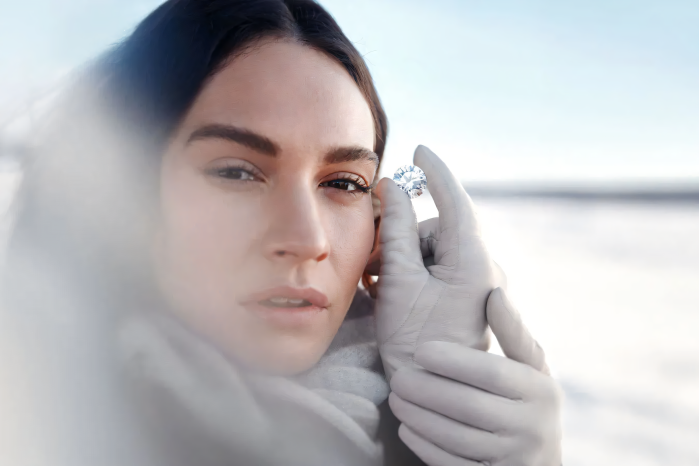Our Role in Conservation
“It’s when you open yourself to seeing the truth and what’s happening in the world that you can then catalyze more change. The first step is educating yourself.”
Climate change, poaching and environmental degradation have put many of the world’s magnificent creatures on the endangered list. Collective action is needed urgently to ensure the world’s wildlife can exist in a brighter tomorrow. To mark World Wildlife Conservation Day, experts from a variety of backgrounds discussed the important role businesses and the general public can play in supporting this cause.
Addressing the topic of “our role in conservation”, myself, as a journalist who has covered conservation projects funded by the diamond community, and an expert panel came together online this week to mark World Wildlife Conservation Day. Drawing on work in wildlife protection projects, NGOs, business and media, the diverse panel shared experiences and advice on how we can all make a positive impact to preserve nature for future generations.
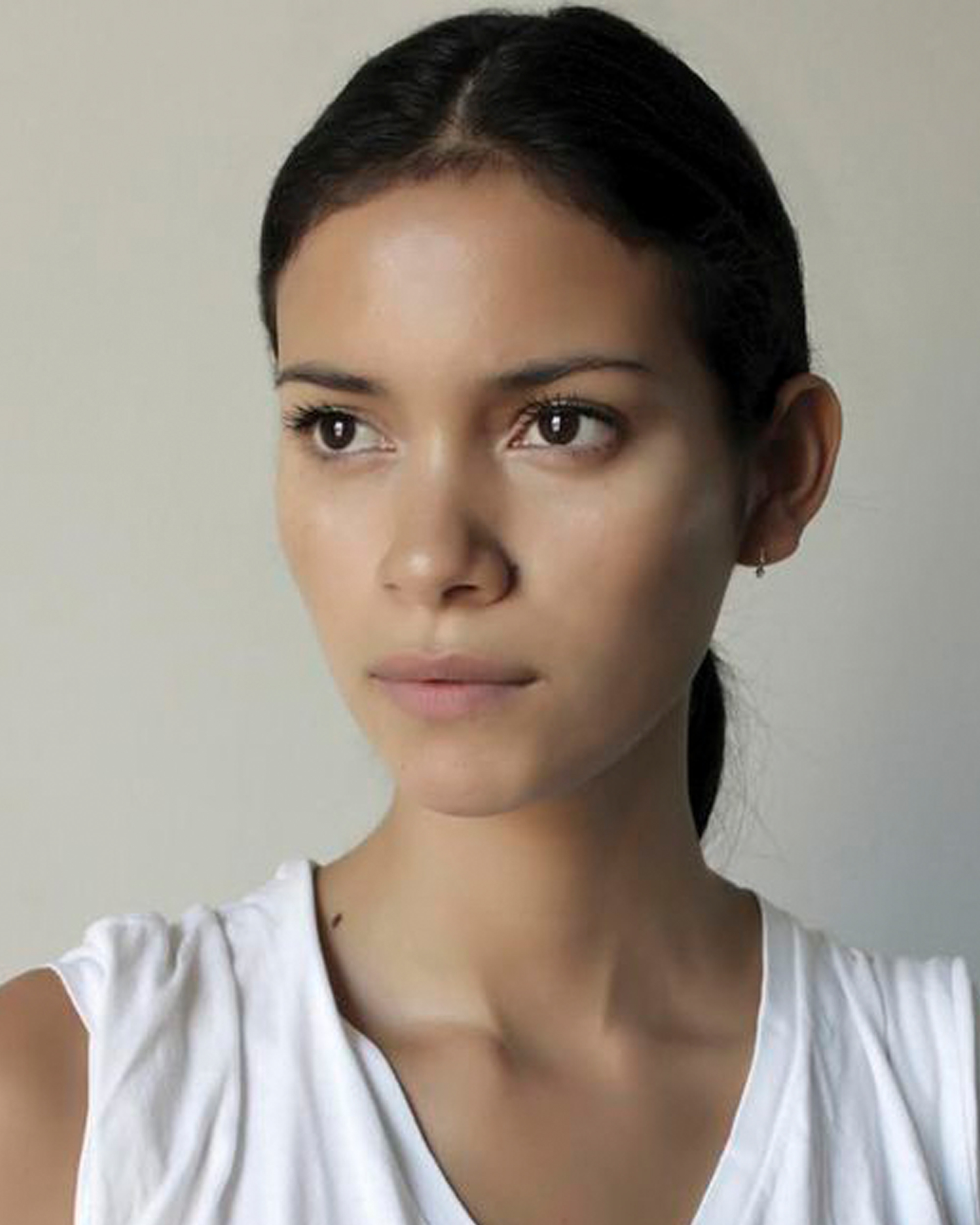
Our moderator, model, actress and activist Juana Burga, launched the discussion by dispelling the idea that conservation is the responsibility of a small number of individuals and activists: “It’s the time to come together because everyone can come together to make a change, and make a difference. This is the time.”
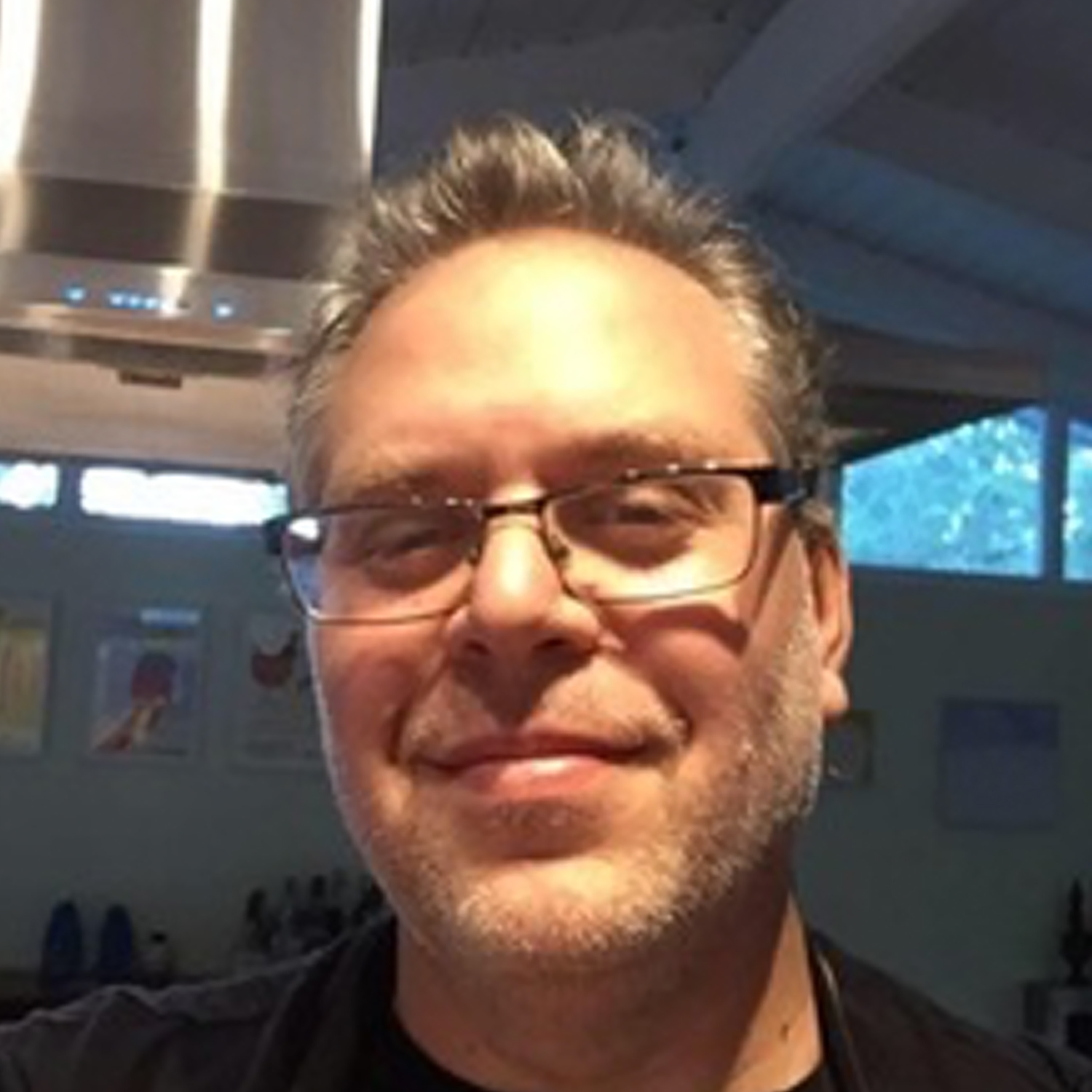
Boaz Paldi, global engagement and partnerships manager for the United Nations Development Programme, kicked off the talk by explaining how he’s addressing this through The Lion’s Share Fund launched in 2018. The initiative asks brands to donate 0.5% of their media spend for every advert that features an animal to the fund. “The actors get paid, the sound technician gets paid, the cameraman gets paid… the animals don’t get paid,” Boaz said. The Lion’s Share provides a way for companies to give back to the animals they use with the fund distributed to projects supporting wildlife.
Brands on board so far include Mars, Gucci and Cartier. “If consumers buy from brands that are kind to nature, I think we’ll be a lot better off,” Boaz added. He asked listeners to support the Lion’s Share movement by following them and raising awareness of the scheme.
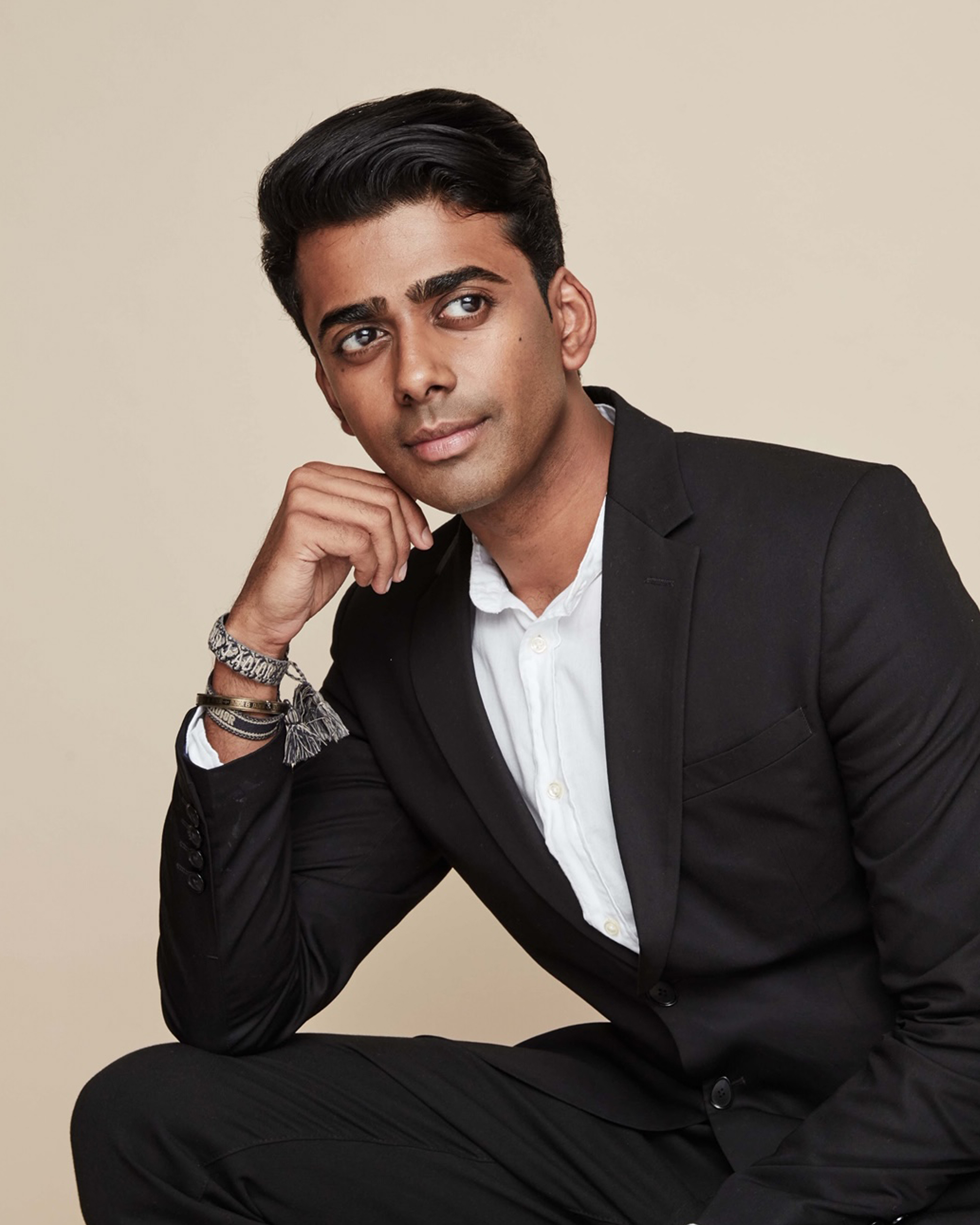
Another way brands are supporting wildlife conservation is through donating profits. Akash Mehta, co-founder of Fable and Mane, a vegan, cruelty-free haircare brand which supports tiger conservation, joined the panel. He said that today there are just 4,000 tigers in the wild: “While a lot of the damage has been done, it’s not the end for tigers,” Mehta said. “We can work very strongly to ensure these are not an endangered species for our children to come.” Fable and Mane was only launched this year but has already delivered on water wells for tigers and kits for rangers.
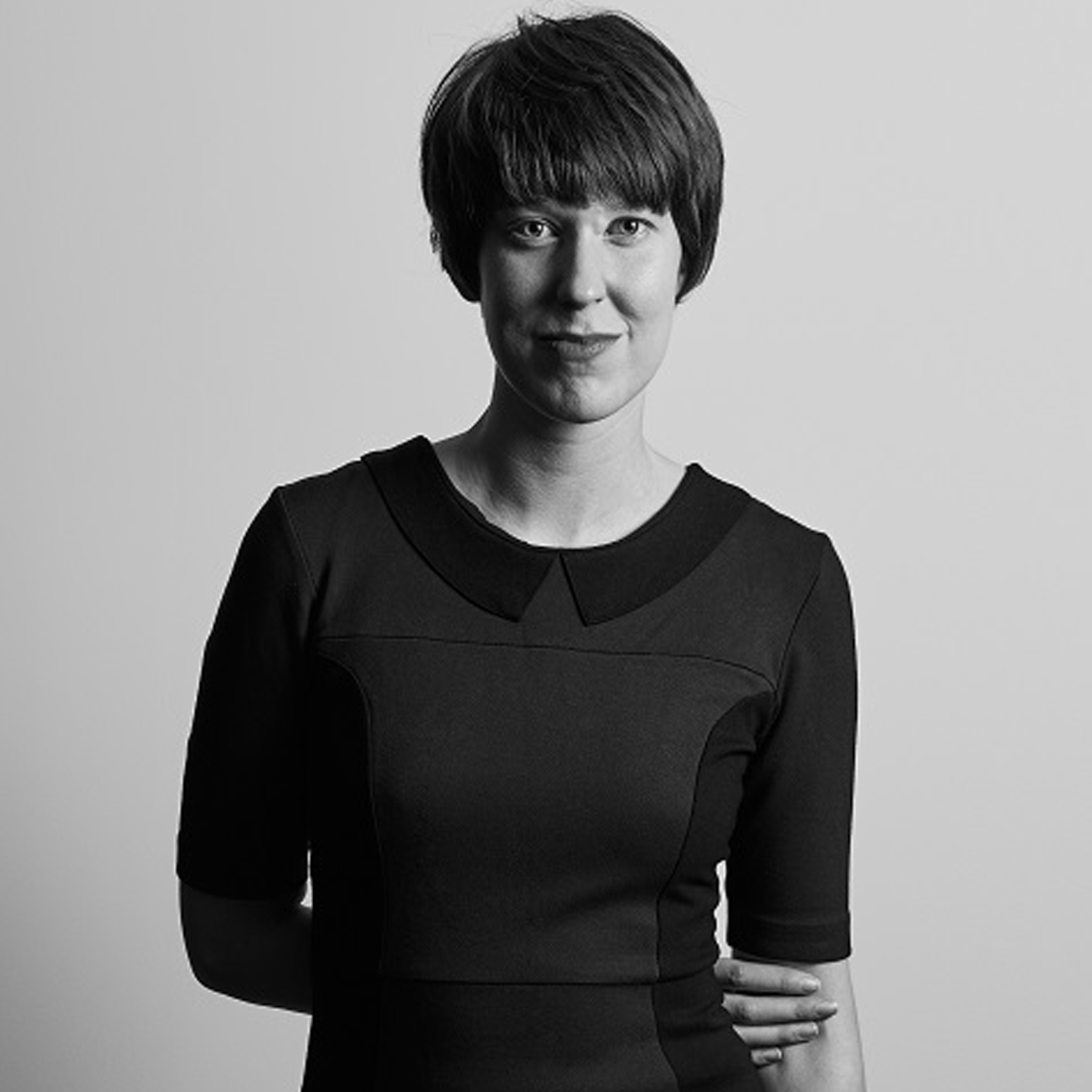
The conversation then moved to Ompatile Galaletsang, assistant conservation officer at Orapa Game Park in Botswana, another project funded by the diamond mining industry through De Beers Group in partnership with the Government of Botswana. He spoke about how the pandemic has affected his work. The park supports rare species including vultures and rhinos through its wildlife management programs, as well as conducting research and providing education on the topic. With tourism down, the pandemic has made corporate funding more important than ever. It has been thanks to this support that they have been able to continue work and even find some benefits to this unusual period: “We didn’t have visitors coming in to the park so we attended to some wildlife management issues. We were able to do some activities which required the park to be quiet,” he explained.
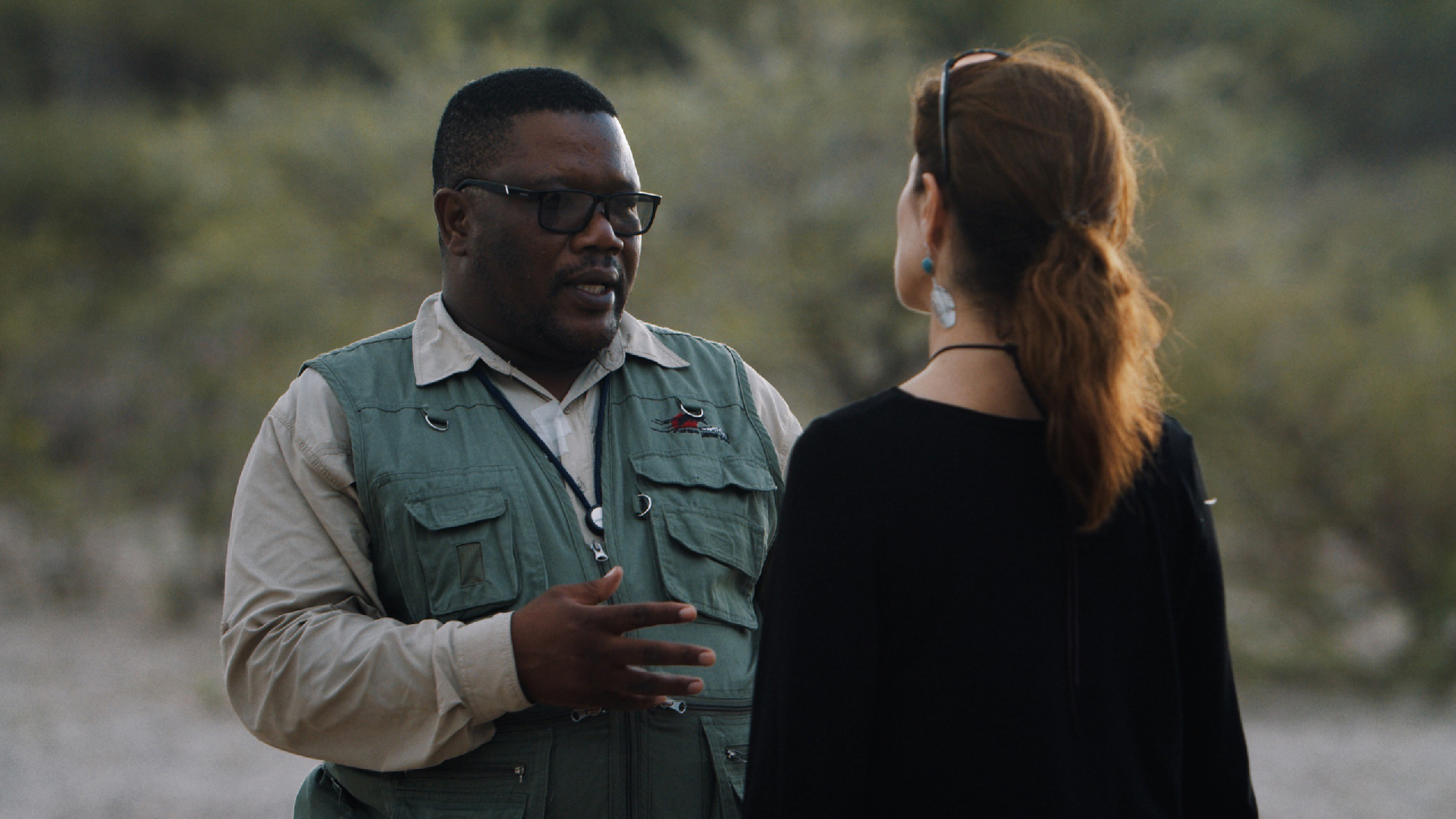
“The largest impact that I’ve seen, is the amount of support the natural diamond industry is giving back to the wildlife, such as securing large areas for wildlife to be protected, getting a stronger grip on poaching, securing and making it possible for wildlife to thrive.”
Juana Burga
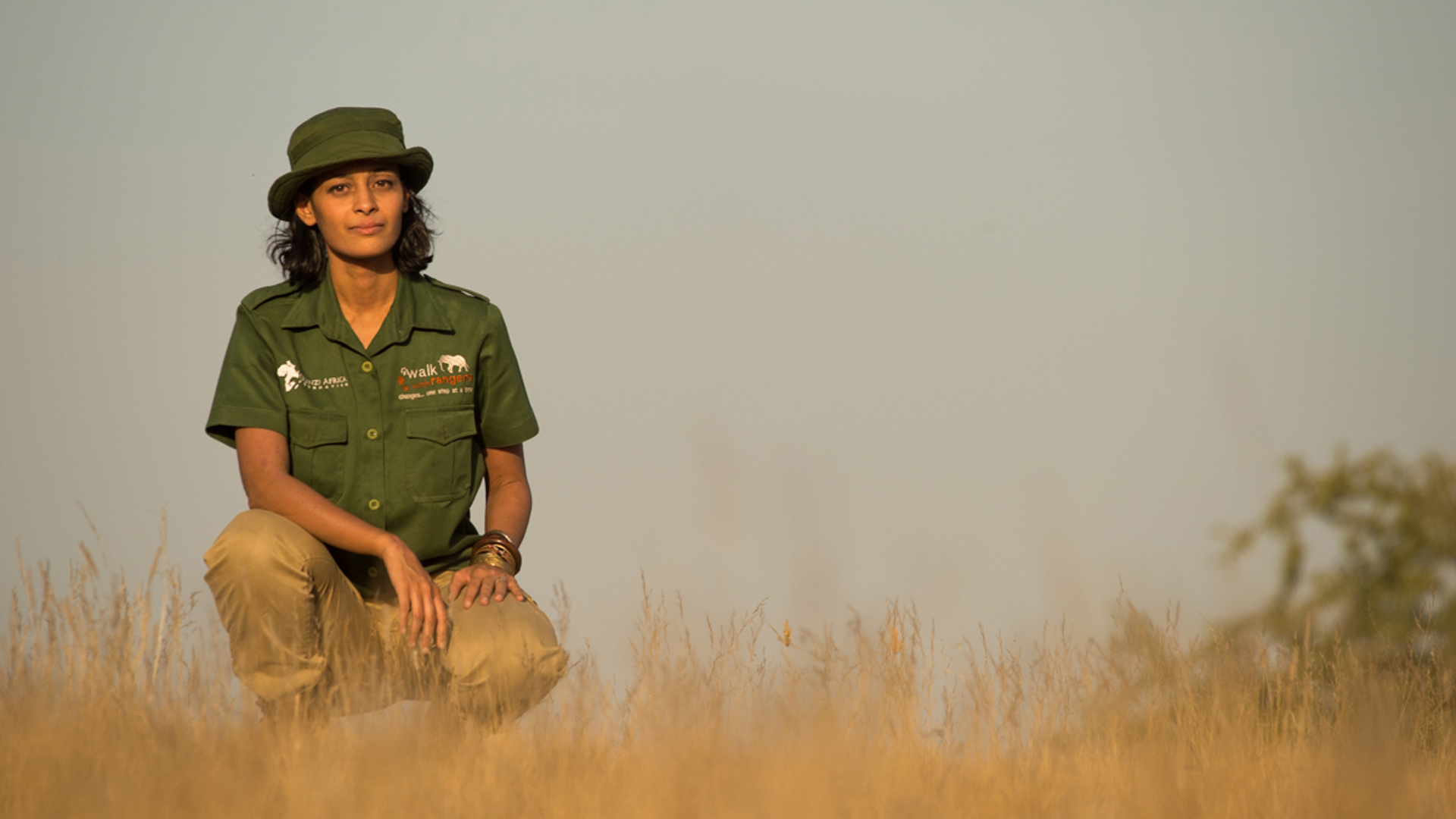
Another ranger on the panel, Raabia Hawa, based in Kenya, began her career in media. She utilized her skills in communication to raise awareness: “I wrote in the paper for a number of years and I felt like we were making an impact. Kenyans were very well aware about the poaching situation, they were getting involved in campaigns and petitions and even attending public hearings,” she told the panel.
Now she works on the ground and with the Ulinzi Africa Foundation, protecting wildlife from poaching and deforestation full time, but is keen to encourage others to use the skills and platforms they have to get involved in conservation. “Now in this pandemic, everyone is spending all their time in front of a screen; use that screen for good. Don’t underestimate the power of a petition, don’t underestimate the power of your voice,” she said.

Juana got behind Raabia’s point, addressing the role of social media in conservation: “social media is becoming one of the most important tools. Raabia made this amazing change from media to becoming a ranger but not everybody has to do this huge transition. There are many ways to help – by offering your skill set, spreading the message through social media, educating yourself or simply by donating.”
The panel drew to a close with more tips and advice for the audience to engage with the issue. Raabia added: “Many people write to us and ask if they can volunteer on the field but many times that’s not possible because it’s a very high-risk job. If you have skills like video editing, social media marketing, writing a press release, you can volunteer with organizations that are on the ground and need those skills. You don’t need to be on the field but you are supporting conservation in a very active way.”
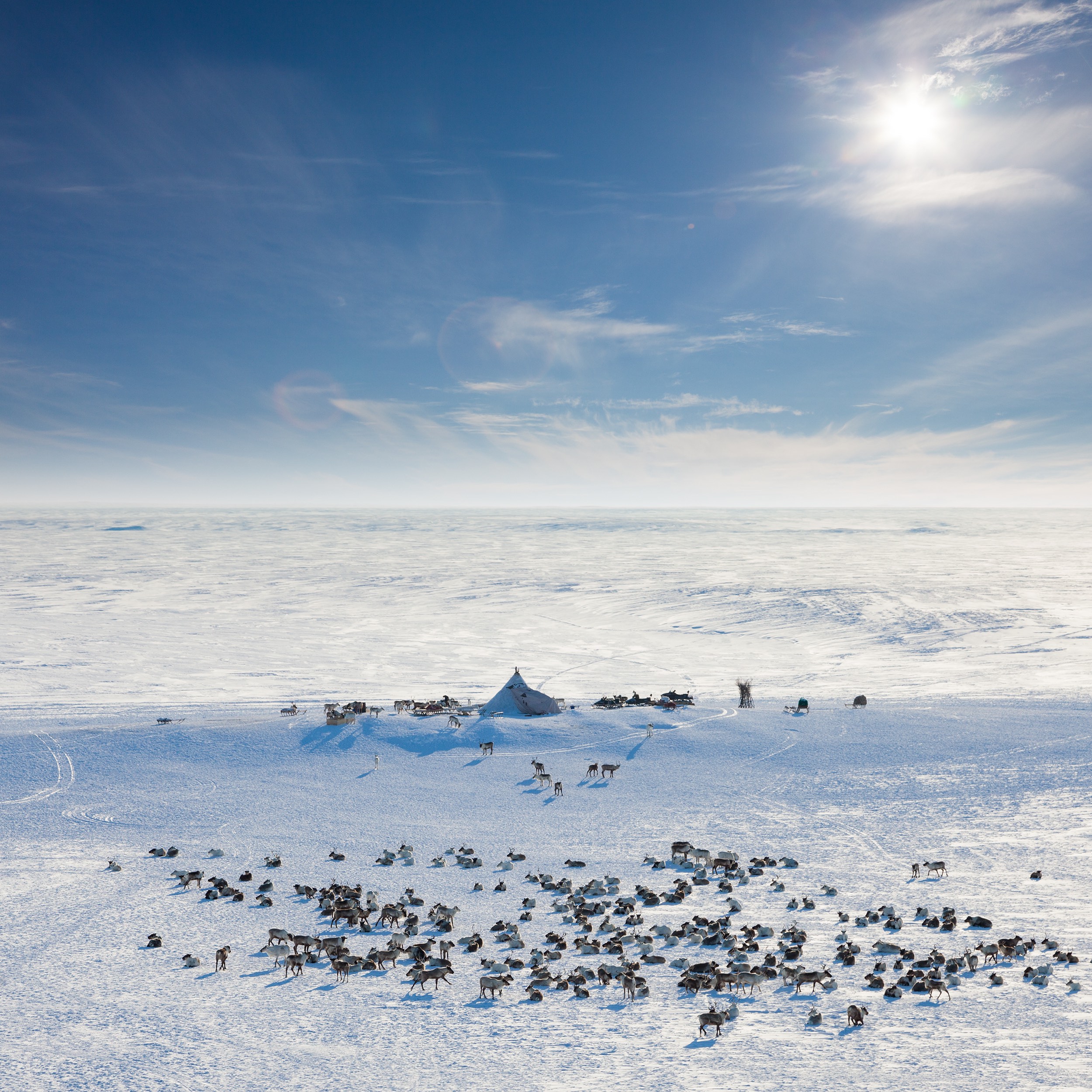
Boaz stressed the link between the climate crisis and conservation, calling for us all to take urgent action: “We need to take this opportunity in 2021 and move the needle on conservation, move the needle on climate, move the needle on biodiversity, everything has to happen now. Covid has given us an opportunity to do it, let’s take it.”
Akash added: “It’s when you open yourself to seeing the truth and what’s happening in the world that you can then catalyze more change. The first step is educating yourself.”
